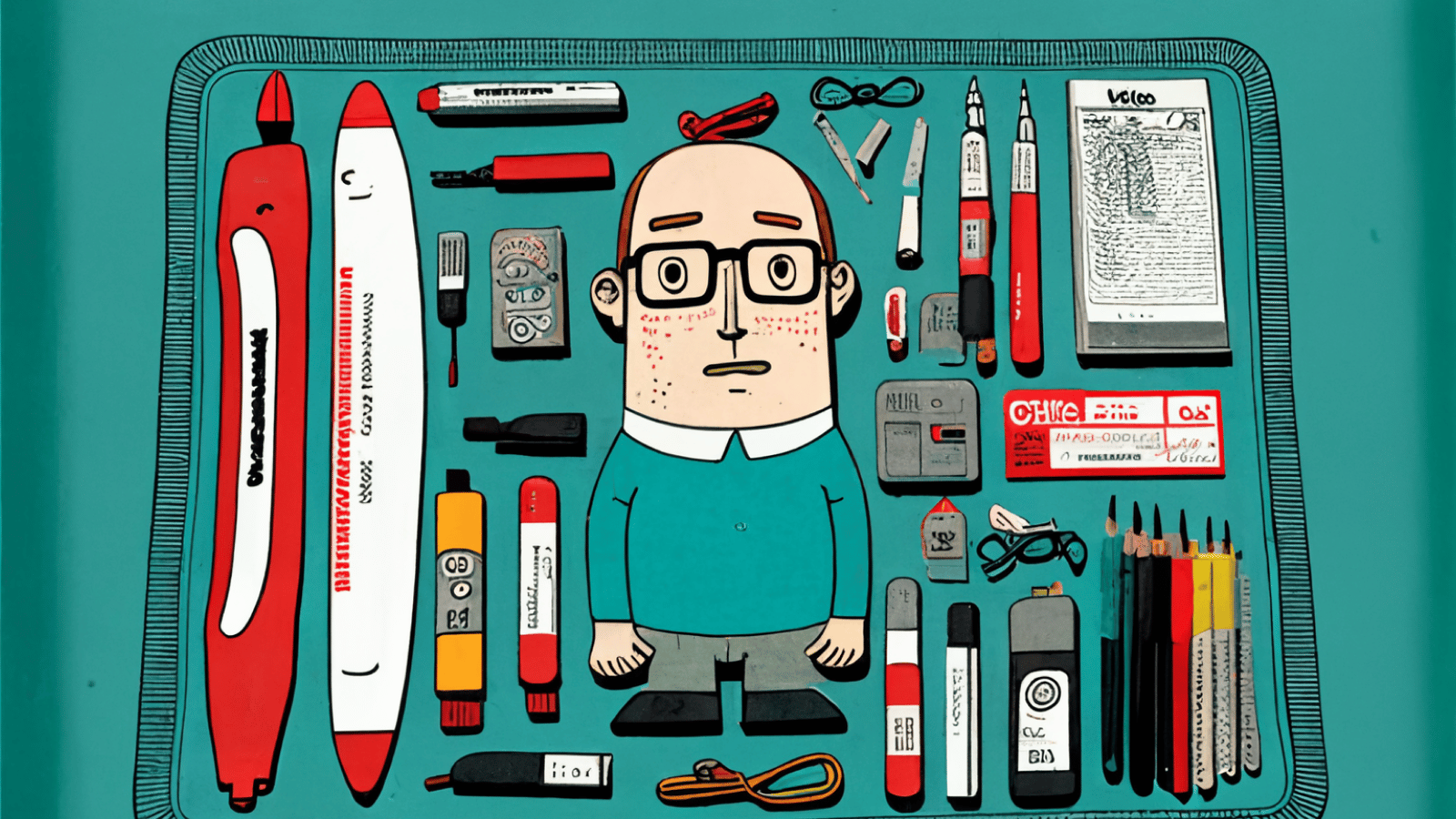The highly competitive job market makes every job seeker face a dilemma: should I be a generalist or a specialist? You may be a generalist who has a variety of abilities and talents, or a specialist who strives for excellence in one specific niche.
Since both roles are on-demand with a high salary, it might be difficult to decide which role is a better match for you. Therefore, we will take a look at the benefits and challenges of each type to help you make a more informed decision.
What is a Generalist?
Many people think that specialization is the key to success, but in actuality, generalists usually make the best managers. This is because they have experience working with several different departments within a company.
A generalist has a much broader skill-set than a specialist. This means that they are able to handle a wider variety of tasks, which can be beneficial in fields where the scope of work is constantly changing or is difficult to predict.
Benefits:
- Generalists are versatile. They develop new skills effortlessly since they work in a very dynamic setting.
- People who work in this realm are typically better at seeing the big picture which makes them effective leaders.
- Because they have such a broad skill set, generalists can be very adaptable. They are able to quickly learn new skills or concepts and apply them to their work.
- Generalists often take a more experimental approach to problem-solving, which can lead to findings that specialists might otherwise miss due to their tunnel vision.
Challenges:
- With such a broad skill-set, generalists usually don’t have the same level of expertise as specialists. This means that they may not be able to complete certain tasks as efficiently or effectively as a specialist.
- It can be difficult to stay up-to-date on all of the latest changes and developments in your field.
- Because they don’t have the same depth of knowledge as specialists, generalists may also have trouble providing in-depth solutions that are niched in specifics.
On one hand, generalists may not be as marketable and may have more difficulty finding a job in some companies that are looking for a particular set of skills. The good news is that many generalists find it easier to get a job at startups!
A perk of working for a startup is the team dynamic. Since it’s such a small group, everyone collaborates on various projects which allows generalists to excel.
For example, a tech start-up may prefer someone with a background in coding specialised in a particular language. Thankfully, tech-savvy open-source platforms are accessible online, which relatively makes coding a generalist or specialist skill alike.
What is a Specialist?
A specialist knows the ins and outs of a specific subject of study, job, or profession. If you are someone who is great at diving into one specific concept, this might be for you.
Specialists typically need advanced education and in-depth training about the latest trends and development in their field. These individuals are generally considered experts and are often hired to lead projects. Having this knowledge gives you the power as a talent, meaning you can leverage your skills for negotiations.
Benefits:
- You have the upper hand when you bid for a higher salary because of your advanced degree and knowledge.
- When you specialise, you are able to complete tasks effectively without needing supervision or constant direction.
- Not only are specialists creative, but they often come up with ideas that allow others to maximise their work.
- Once you specialise, you are highly marketable. People seek your expertise for valuable insight.
Challenges:
- One downside of specialists is that they are so focused on their own area of expertise, they may struggle to understand how it fits into the greater scheme of things.
- This can make it difficult for them to provide truly holistic solutions.
- Change can be daunting for specialists who have only ever dedicated themselves to one area. They might find it challenging to pick up new skills or ideas that fall outside of what they know.
- This intimidation is felt by many people working in industries where change happens rapidly.
How can I broaden my specialisation?
Perhaps, the more popular notion is that while generalists can always choose later to become a specialist, this option is not always available due to the competitive nature of the job market.
On the flip side, some may think that specialists tend to feel stuck in their chosen expertise and worry about job security if they decide to branch out. Although these notions are valid, they’re not entirely true!
These days, being multi-disciplinary is better. For example, the expertise of a digital marketing specialist on Youtube is also useful in other marketing niches like sales and lead generation and marketing automation.
A change in scenery often spurs creativity and growth. If you feel stagnant at work, consider trying a new setting or company culture—from a corporation to a startup, or perhaps a co-working space.
Should I be a generalist or a specialist?
Now for the important part. It’s time to do some self-reflection to choose what’s best for you. For young professionals, this step could either jumpstart your job-seeking process or encourage you to seek higher education.
Assess your strengths and weaknesses
What are you good at? Do you have any hidden talents? It’s worth exploring if you enjoy working on several projects simultaneously or if you prefer focusing on one task.
Additionally, do some introspection to discover whether group work energises and motivates you or whether individual work is more your style. Asking yourself these types of questions can assist in making a better decision.
Conclusion
Ultimately, there is no right or wrong answer. The decision comes down to what your strengths, passions, and traits are. If you’re interested in a niche topic like iOS software development then this specialty is a field you can pursue straight away.
On the other hand, if you’re undecided about which path to take, internships are always a great way to help you figure out what interests and works best for you.
Hopefully, this article has helped give you some clarity on the matter!


